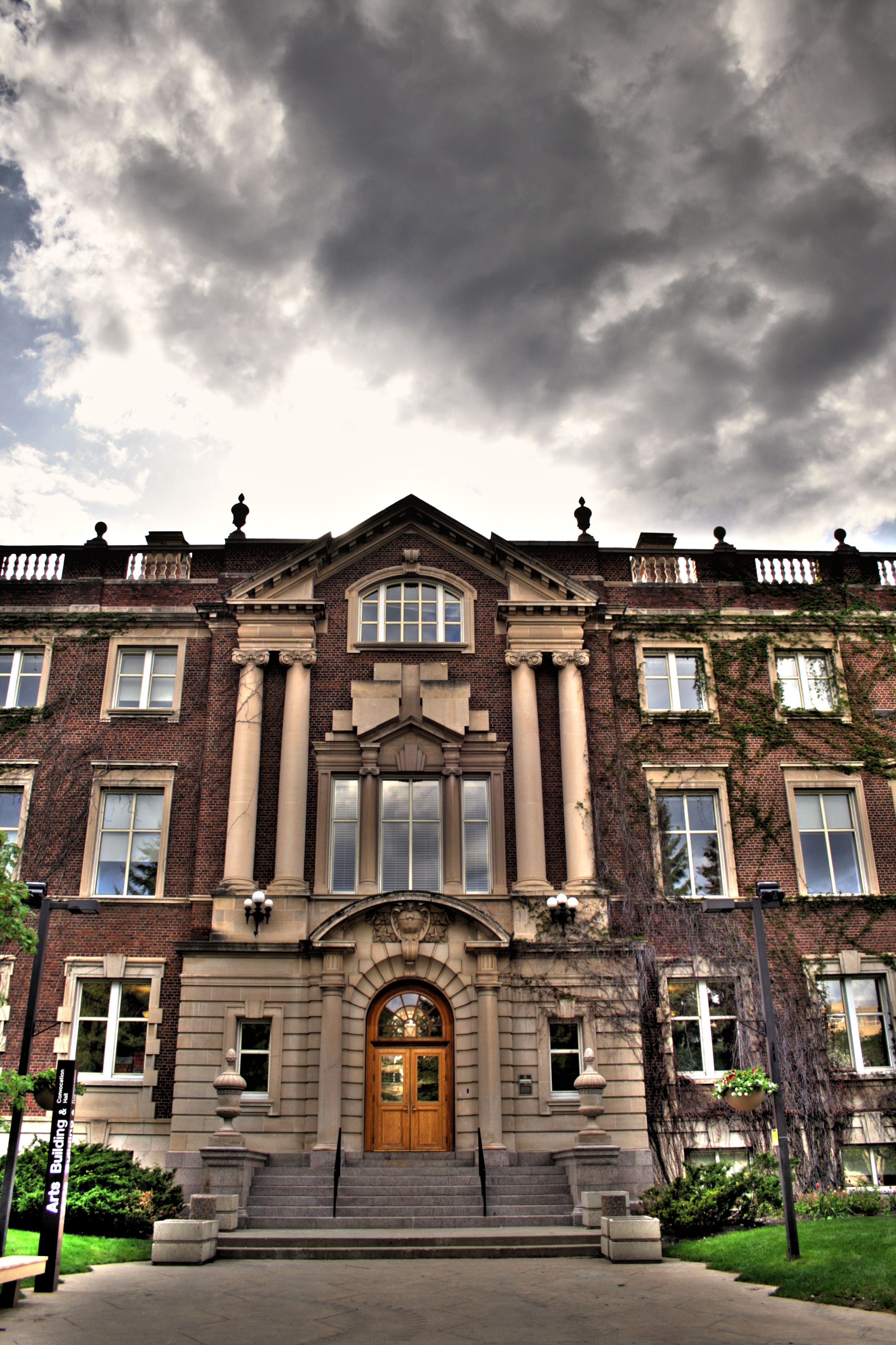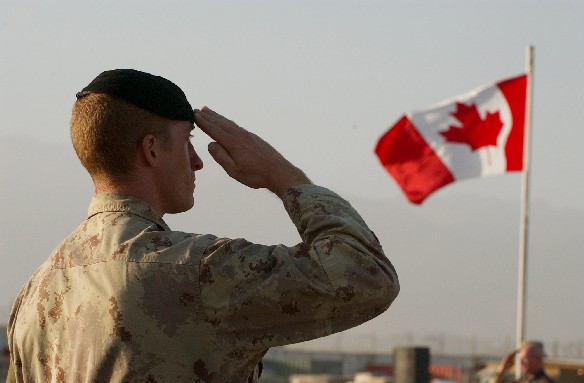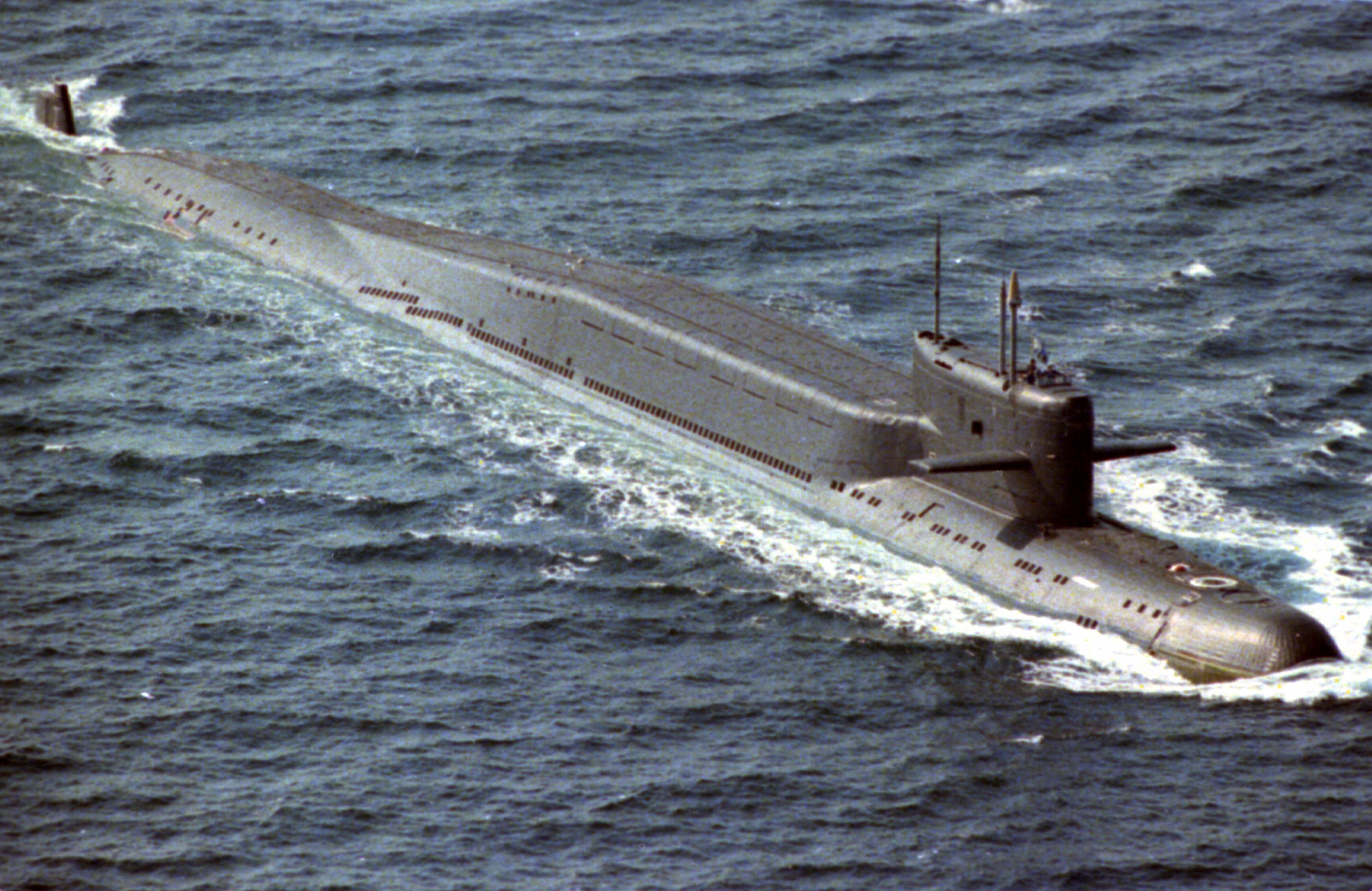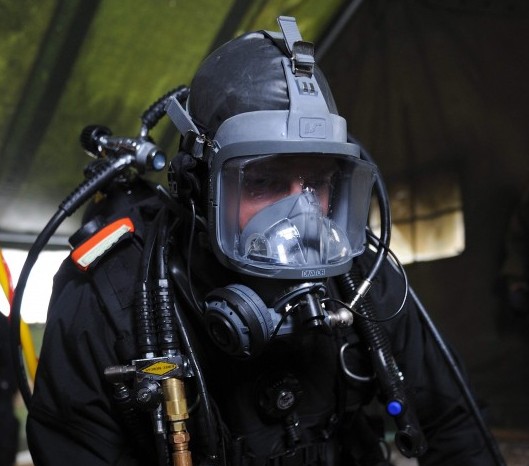Military reserves training in conjunction with educational institutions is nothing new, as exemplified by the ‘Mede Trotteur’ simulation in the Eastern Townships of Quebec in October 2012. This collaboration, which had 183 military personnel from the Canadian Reserves and part-time soldiers work with nursing students and faculty members from Champlain College, Lennoxville, focused on caring for multiple casualties requiring evaluation and care in emergency-disaster situations.
What is relatively new, however, is a recent initiative launched by the government at the University of Alberta. The Civil Military Leadership Pilot Initiative program “allows[s] people to simultaneously obtain a university degree while also gaining leadership experience in the Canadian Armed Forces (CAF) Reserves.” Officially announced by the Honourable Peter MacKay, then Minister of National Defence on July 8th, the four-year Civil Military Leadership Pilot Initiative will be “co-directed by the University of Alberta and the CAF” and the government hopes to export this “test model” to other universities.
When asked about the program, Minister MacKay said the following. “This new joint pilot program is an example of outstanding collaboration between the Department of National Defence, the Canadian Armed Forces and the University of Alberta; it renews a partnership between the university and the Canadian military dating back to the First World War. This keeps very much with the tradition of the Canadian Officer Training Corps, which was set up on campuses around Canada until 1968.”
The COTC program was offered at Canadian universities from 1912 until 1968. Lee Windsor, deputy director of the Gregg Centre for the Study of War and Society at the University of New Brunswick, explained the merits of programs like these, including the fact that it provides university undergraduates a form of military service on campus along with leadership and other military training should they chose to eventually join the reserve or the regular forces. He points out the fact that the program came with considerable benefits for a comparatively small investment, given that it did not cost the government much money. “It exposed them to the idea of service itself and it gave them a tremendous amount of leadership training,” Windsor said. “It didn’t necessarily mean that they would be career officers, it’s just that they got a little taste of army life.” The result was participants felt they were better equipped with all kinds of life experiences and challenges they would encounter later in their careers.
[captionpix align=”left” theme=”elegant” width=”300″ imgsrc=”http://natoassociation.ca/wp-content/uploads/2013/09/alb1.jpg” captiontext=”Members of the COTC, upon which the Civil Military Leadership Pilot initiative program is modelled, march on campus.”]
Regarding the upcoming leadership program, it would require students to be enrolled in any program at the University of Alberta and serve concurrently with a local army reserve unit. Students will need to complete the formal academic objectives of the institution, as well as meet specific military training requirements to be eligible to receive a certificate marking their participation in the program. Students must also apply to and be accepted by the university and one of the local army reserve units separately.
The university program has received some criticism from some as being a part of the Conservative governments promotion of ‘militarism’ in Canada, pointing to the large sums of public money spent towards promoting the military at Canada Day festivities, the Calgary Stampede, the Canadian National Exhibition, Santa Claus Parades, the Grey Cup, NHL hockey games and other cultural and sporting events. Critics further point to the Canadian Forces spending over $350 million a year and directing 650 staff members to carrying out these efforts.
In spite of these criticisms, the beneficial role the Canadian Reserve Forces play at home, namely with respect to emergency-disaster situations, such as the flooding which took place earlier this year in southern Alberta and necessitated the assistance of the Canadian military, should not be overlooked. It is equally important to note that the new pilot initiative, unlike its predecessor, the Canadian Officer Training Corps, gives the students the opportunity to attend classes on campus in civilian clothes, while the military training would be conducted off campus.
In the end, the opportunity to earn a “Civil Military Leadership Certificate” by taking part of the program at the University of Alberta is only set to begin this year, and as such, the true value of the program will only be revealed in the years to come.




